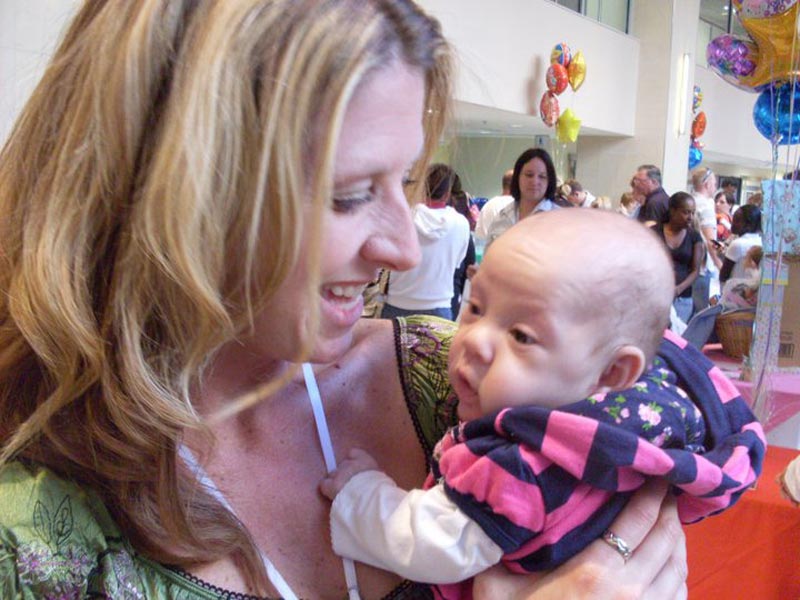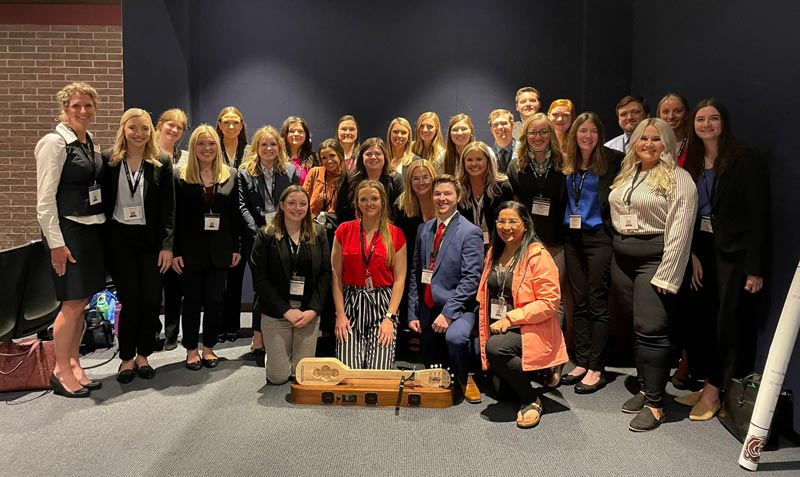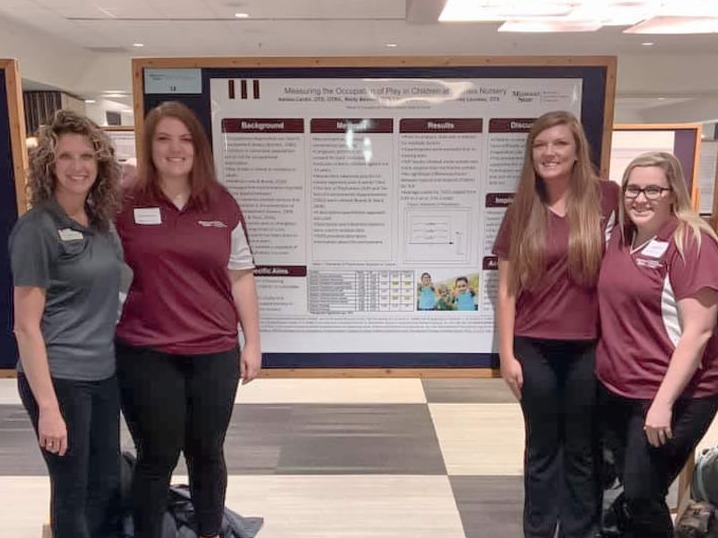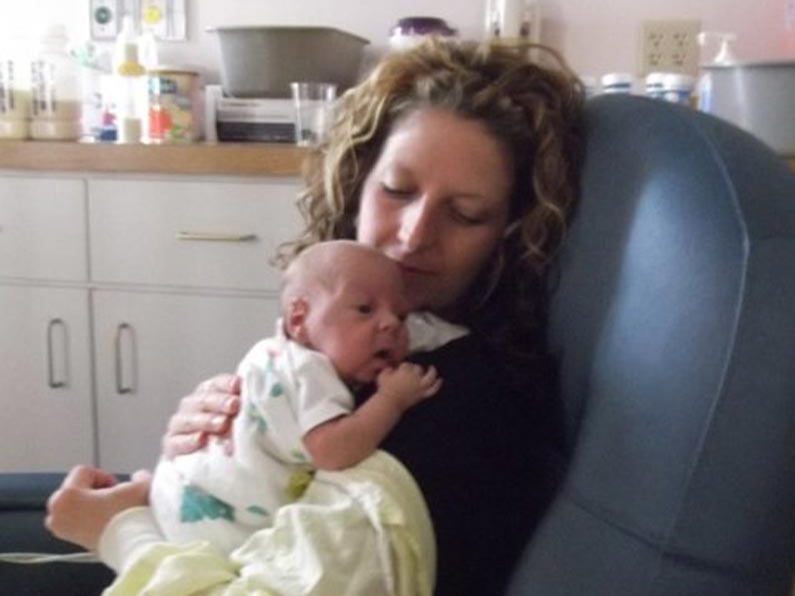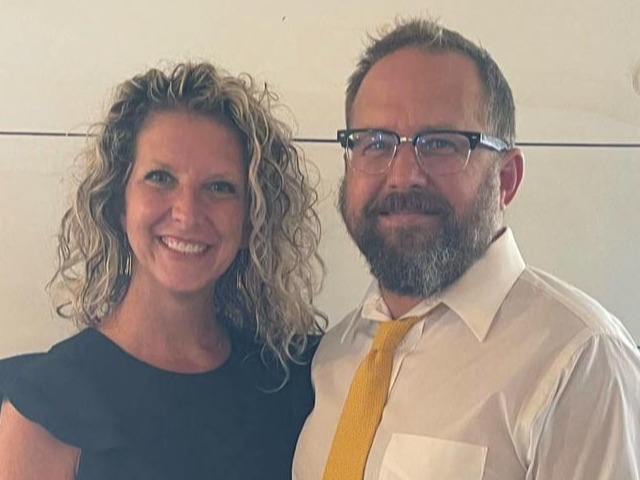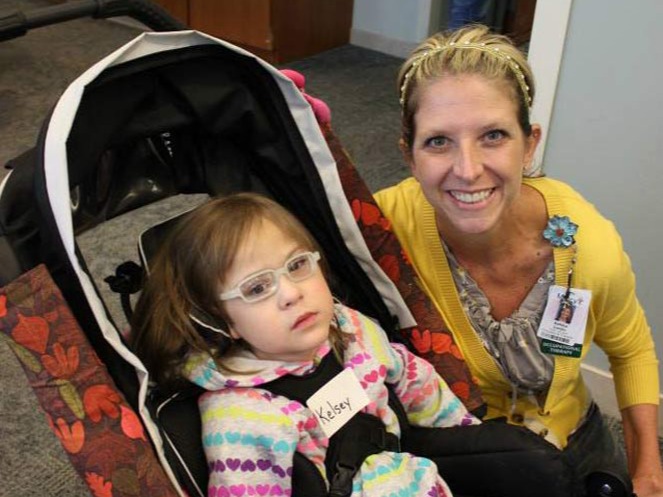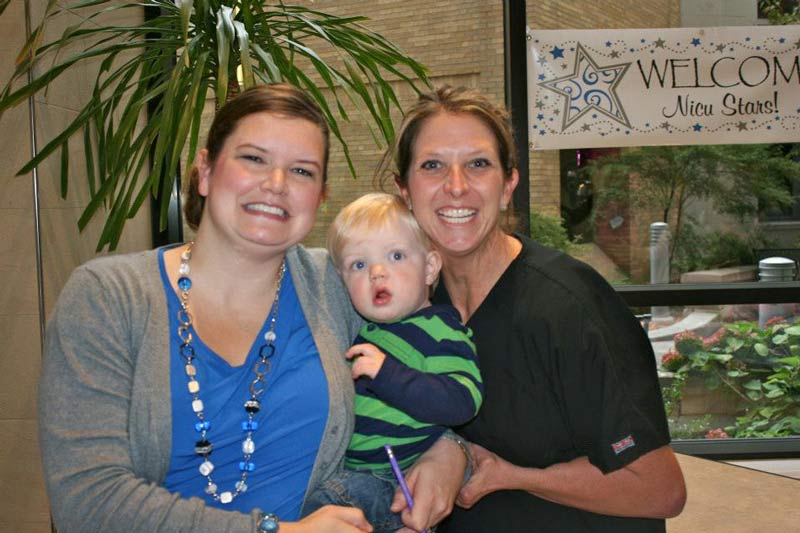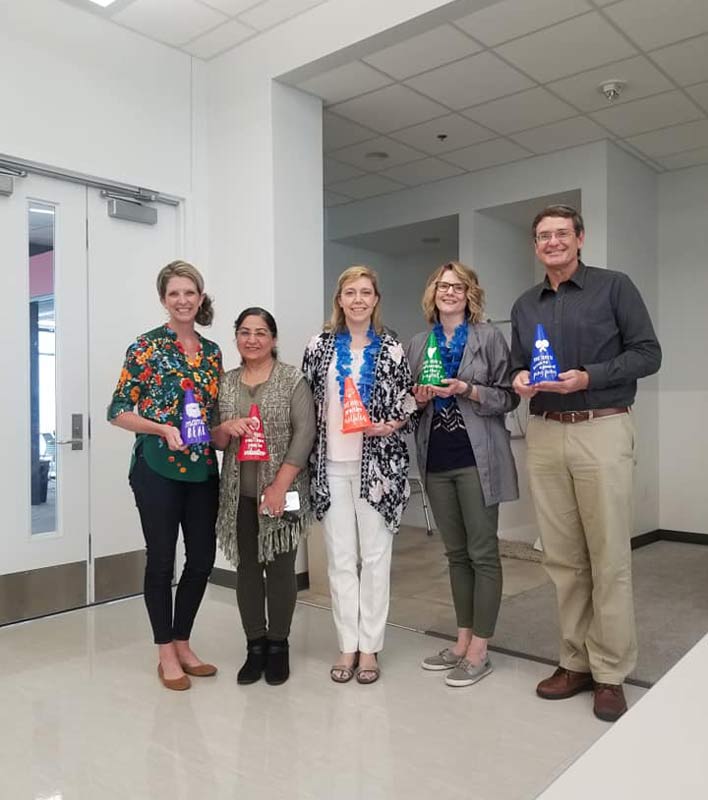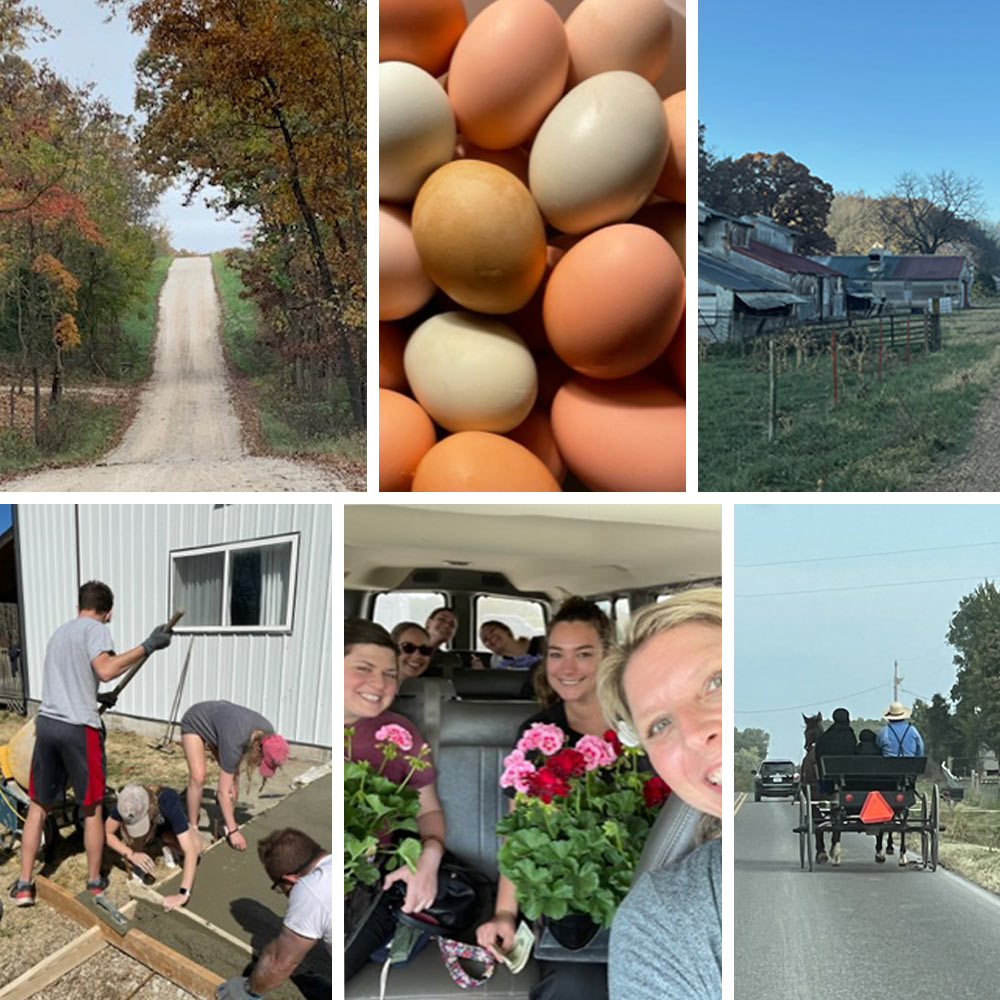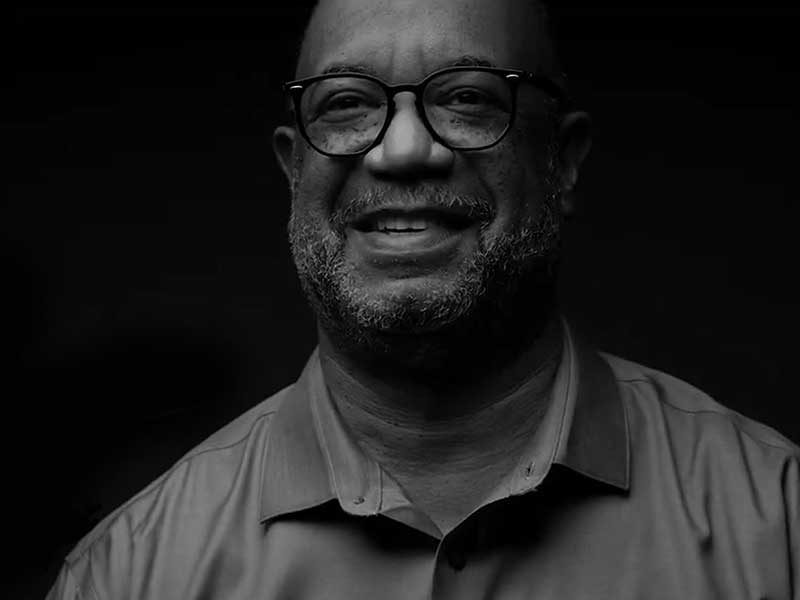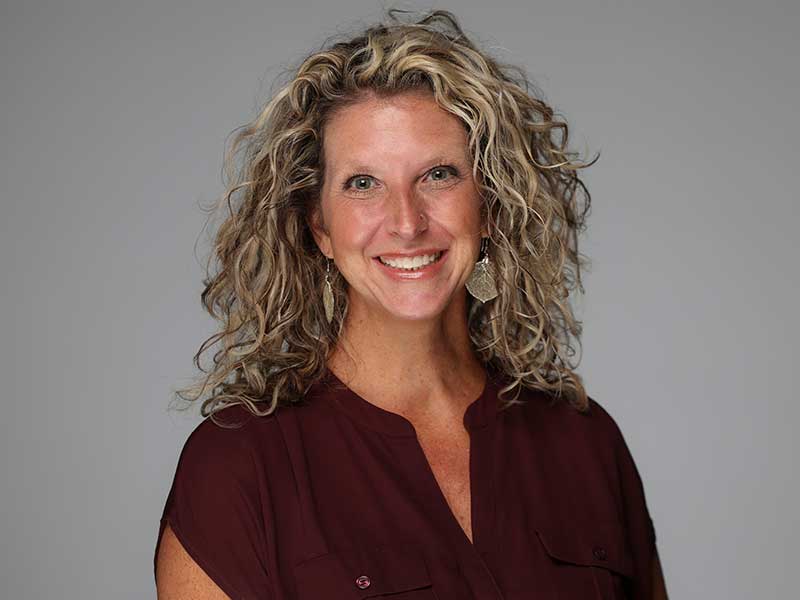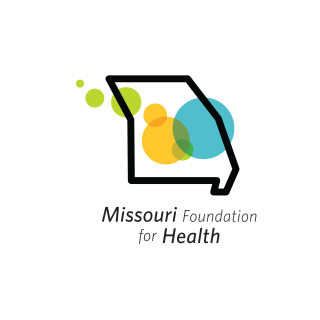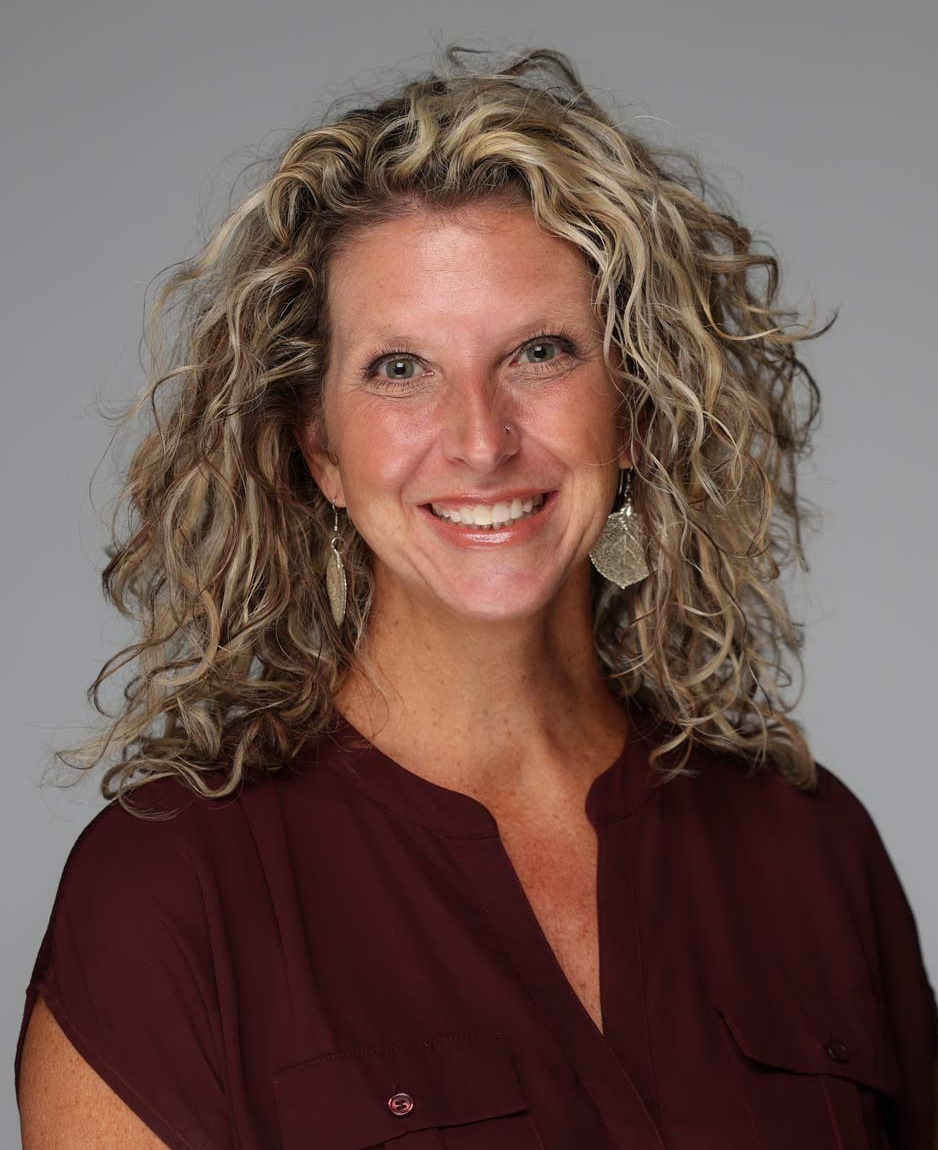
This year marks the 10th anniversary of the Dr. Corinne Walentik Leadership Award. On Thursday, December 16, 2022, recipient Dr. Ashlea Cardin will be honored during Missouri Foundation for Health’s annual dinner, hosted by its Board of Directors.
Dr. Cardin is a practicing pediatric occupational therapist with 22 years of experience in a Level III Neonatal Intensive Care Unit (NICU) at Mercy Kids Hospital in Springfield. She is also a board-certified pediatrician (AOTA) and a certified neonatal therapist (NTNCB). For the past 16 years, Dr. Cardin has provided in-home, pro-bono pediatric occupational therapy services to the local Amish communities in Webster County, Missouri. She currently serves as an associate professor at Missouri State University.
The Walentik award was created to honor the late Dr. Walentik’s commitment to serving those living in the most challenging situations, specifically children. Each year the award is presented to a health leader in Missouri who exemplifies the passion, dedication, and energy that Walentik brought to her work. This year’s recipient shares that commitment.
“All Missouri infants and families deserve a fair and just opportunity to access quality health care regardless of zip code or cultural practices. Dr. Cardin nobly serves and supports our Amish communities, and she embodies the spirit of Corrine Walentik’s work,” said Dr. Dwayne Proctor, MFH President and CEO. “We’re excited to honor her.”
